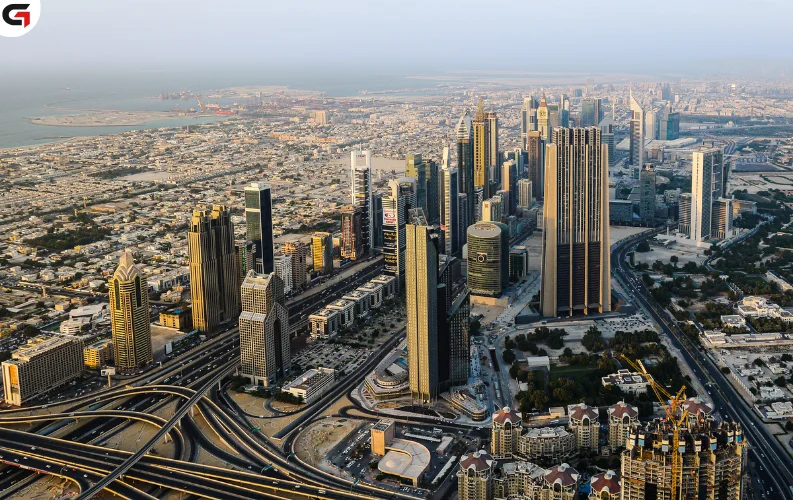Abu Dhabi’s property market is closing 2025 on a strong note, with real estate transactions reaching Dh94 billion in the first nine months of the year, a 43.3% increase compared to the same period in 2024. The growth highlights rising investor confidence, robust foreign participation, and a shift toward lifestyle-oriented communities that are redefining the capital’s housing demand.
According to the Abu Dhabi Real Estate Centre (ADREC), a total of 29,400 transactions were recorded between January and September 2025, marking a 48% year-on-year rise. Sales and purchases accounted for Dh61.8 billion, while mortgages contributed Dh32.2 billion. ADREC’s Acting Director General, Engineer Rashed Al Omaira, said the performance reflects “the strength of Abu Dhabi’s real estate fundamentals and its growing contribution to the non-oil economy.”
The sector’s non-oil GDP contribution rose 9% to Dh21.9 billion in the first half of the year, supported by effective regulation and transparent data practices.
Growth Corridors Drive the Next Phase
Property executives say areas like Yas Island, Saadiyat Island, Al Reem Island, and Al Ghadeer will continue leading the next growth cycle. Tatiana Tonu, CEO of Object 1, noted that these districts have evolved into mixed-use hubs combining entertainment, work, and living spaces, sustaining long-term value.
In the third quarter alone, more than 6,600 transactions were completed, a 79% jump year-on-year. Despite rising handovers, demand remains strong across mid-tier and premium segments, especially for waterfront properties.
Lifestyle and Waterfront Premiums
Waterfront and lifestyle-focused zones are seeing rent premiums of up to 30% compared to inland areas. Saadiyat Island rents now average Dh16,700 per month, while properties in Masdar City average around Dh8,300. Developers are focusing on amenities, wellness, and community layouts to meet shifting tenant expectations.
Risks and Long-Term Outlook
Analysts caution that concentrated supply in select areas could slow short-term price growth. However, foreign investment continues to rise, up 35% to Dh6.2 billion, with buyers from 97 nationalities contributing to a more diversified market.
Supported by large infrastructure projects like Etihad Rail and Disneyland Yas Island, Abu Dhabi’s real estate market is projected to enter a steady, multi-year growth cycle through 2026, defined by end-user demand and sustainable returns.




















